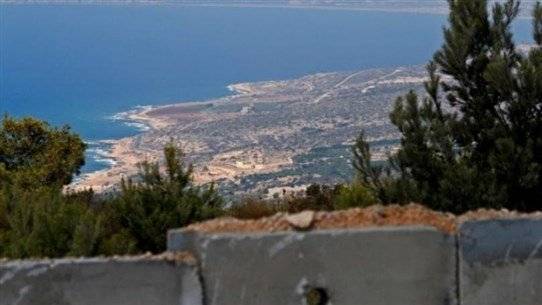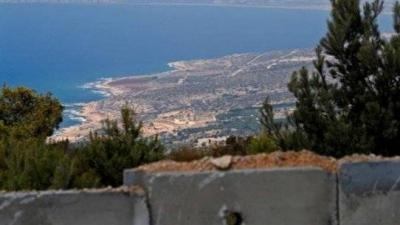The political authority is negotiating "fish in the sea" regarding border demarcation talks. Recently, U.S. Energy Envoy Amos Hoekstein visited Lebanon, bringing with him two Israeli proposals that he did not disclose, which he conveyed to the authority. The authority emphasized that there will be no concessions on line 23, no rights in exchange for financial amounts, and no joint extraction with Israel.
An unusual optimism emerged from the meetings, with everyone suggesting that an agreement would be reached within a few weeks, as indicated by Hoekstein. However, what is this optimism based on? There is no concrete information about the Israeli proposals or the Lebanese response, but media discussions have mentioned giving Lebanon the Qana field in exchange for part of Block 8, or Israel receiving financial compensation for conceding this field, or even a division of the blocks. Thus, various Israeli proposals do not meet the Lebanese aspirations emphasized by the authority before Hoekstein. What, then, is the source of this optimism, which remains dependent on the return of the American envoy?
Lama Hariz, a member of the Progressive Socialist Party's leadership council, pointed out that "Lebanon is negotiating over a resource whose wealth is unknown, specifically the Qana field. Before making concessions to reach an agreement, the Lebanese side must conduct studies on this field to understand its wealth and the cost of extracting it. Accordingly, Lebanon should proceed with its negotiations."
Hariz stated in an interview with "Anbaa," that "any talk of optimism and a near agreement is merely 'fish in the sea,' and this is what Lebanon is negotiating over, as there are no studies revealing the wealth at Qana. Therefore, how can Lebanon concede other resources? And who guarantees that there will be sufficient quantities in this field?"
However, Hariz noted that "Lebanon has already made concessions to reach this point, accepting the Qana field, and thus it is compelled, according to the negotiations it has conducted and the responses it has provided, to proceed with this file, knowing that studies were required, which we had previously stressed."
She linked the entire file to the region and specifically to Iranian approval for concluding the file and reaching an agreement, viewing that "the issue is tied to the Iranian-American crisis, and there is no solution for the border demarcation in Lebanon except after addressing the aforementioned issue."




